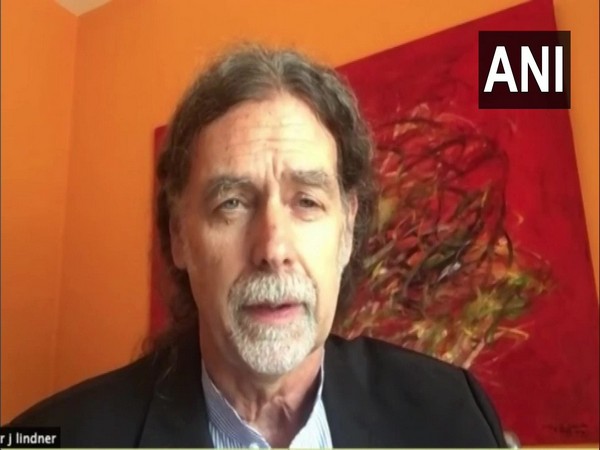German envoy fears 4th wave of COVID-19, says, 'more transmissible, vaccine-resistant variants growing'
While many countries are fearing third wave of coronavirus, German Ambassador to India, Walter J Lindner on Saturday cautioned that a fourth wave may arrive as COVID numbers of potentially more transmissible and vaccine-resistant variants especially 'Delta' variant are growing in many countries.

- Country:
- India
While many countries are fearing third wave of coronavirus, German Ambassador to India, Walter J Lindner on Saturday cautioned that a fourth wave may arrive as COVID numbers of potentially more transmissible and vaccine-resistant variants especially 'Delta' variant are growing in many countries. In a tweet, Linder said: "Numbers of COVID-cases are falling in parts of Europe, so some measures are being relaxed. At same time, case-numbers of potentially more transmissible and vacc-resistent variants (esp Delta) are growing in many countries and cause fear of a 4th wave which could reverse the achieved."
Speaking about easing of travel restrictions, he said, lifting restrictions on travel from virus-mutation countries is not an easy case to make, adding that the job of virologists and health experts is to protect their own citizens against the next wave. "Easing travel-restrictions from virus-mutation countries is not an easy case to make. We try to find realistic solutions. We see and hear students' plights, who would not understand? But the job of virologists and health experts is to protect their own citizens against the next wave," he said.
Earlier, the World Health Organisation (WHO) included the 'Delta' variant in its list of the so-called variants of concern as it became prevalent and caused a sharp surge in infections in some countries, especially India, where it was first identified. However, in India, the 'Delta' variant has further mutated to form the 'Delta plus' or 'AY.1' variant. (ANI)
(This story has not been edited by Devdiscourse staff and is auto-generated from a syndicated feed.)
ALSO READ
Between the US and a hard place, Germany's Scholz reheats China ties
UPDATE 3-Delta rockets retired with launch of US reconnaissance satellite
Russia, Germany, UK urge restraint as Iranian threat puts Middle East on edge
Holocaust survivors in Israel to get additional funds from Germany
German parliament to vote on making it easier for people to legally change their name and gender










